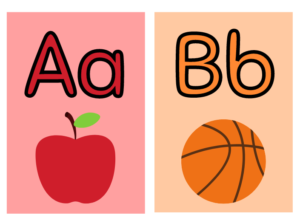Reading Tips - Make Reading Even More Fun!
Goosey Goosey Gander, where shall I wander?
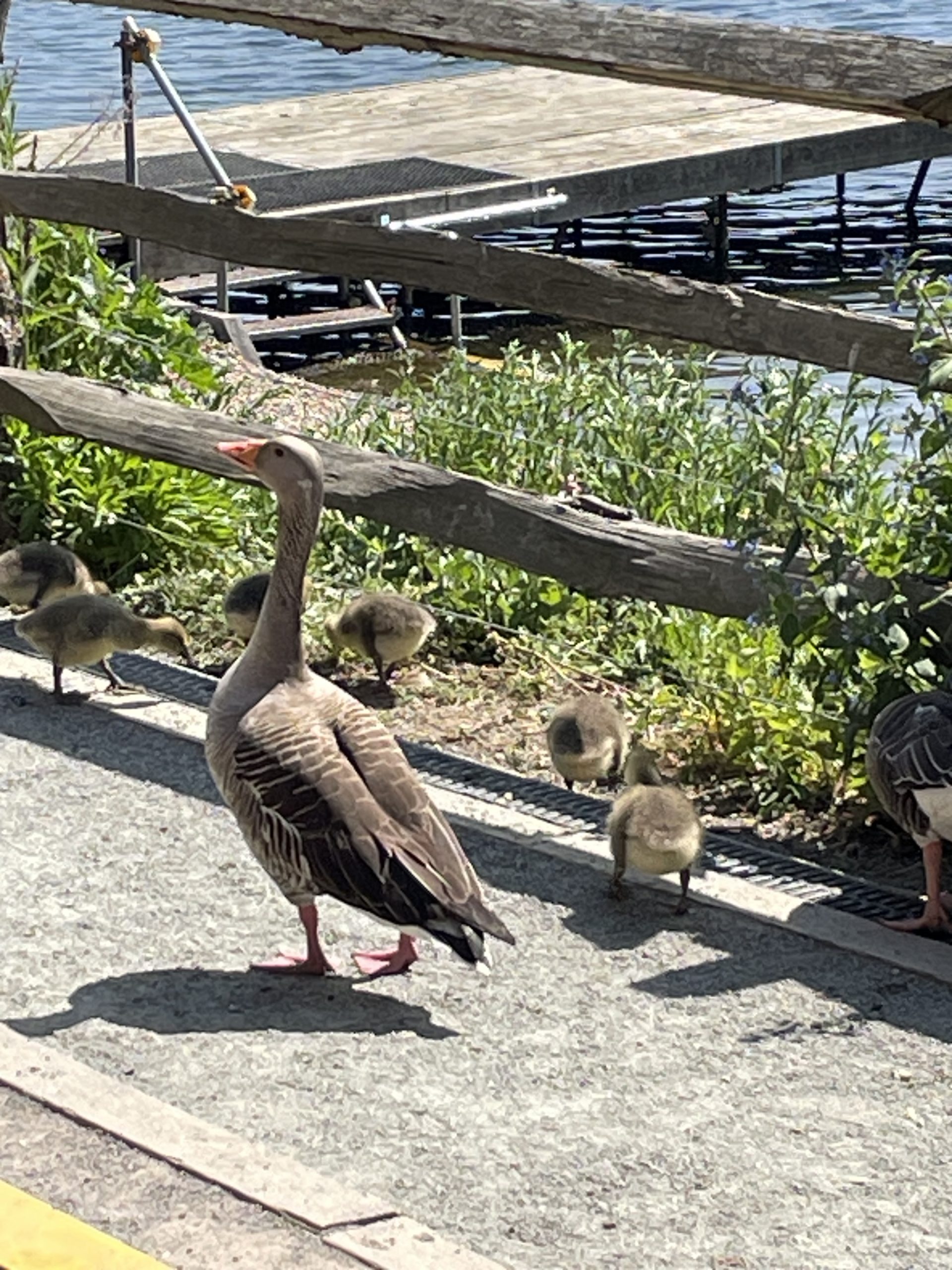
Reading Tips - Make Reading Even More Fun!
April is National Poetry Month!
Poems/rhymes are a great way of encouraging children to read and develop their all-round reading skills such as intonation/expression and observation of punctuation, as well as exposing them to new vocabulary.
Action poems and the acting out of poems using simple props (or just yourself) are also brilliant ways of encouraging young performers in their drama and music skills!
Why not try out some of the great reads below?
EYFS
Poems to Perform: Julia Donaldson
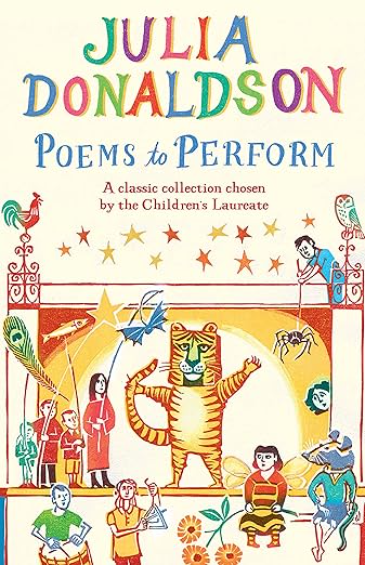
Rumble In The Jungle: Giles Andreae & David Wojtoycz
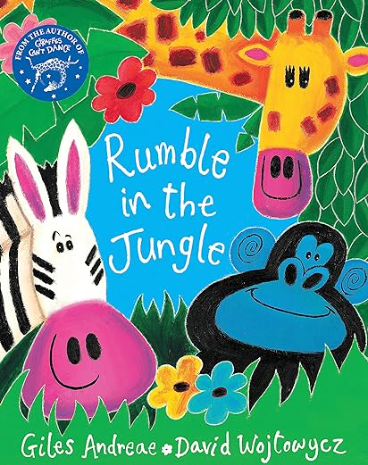
Key Stage 1
Please Miss Butler: Allan Ahlberg
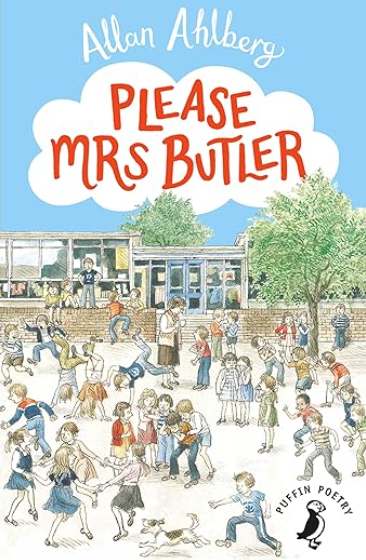
Rhyme Crime: John Burgerman
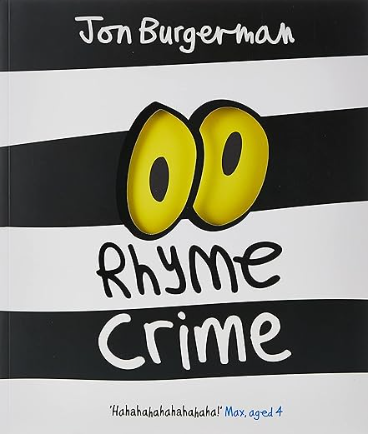
Reading Tips - Make Reading Even More Fun!
Keep an eye on my reading tips section; I’ll be updating it with more fun ideas!
EYFS/Key Stage 1
Jigsaws as books!
Parents, did you know that jigsaw puzzles are great for developing pre-reading and early reading skills? Pieces fit together to form a picture in the same way that letters fit together to form words, words to form sentences, sentences to form paragraphs, paragraphs to form pages, and pages to … FORM BOOKS!
Jigsaw puzzles are also a brilliant way to promote:
- problem solving/logical thinking skills
- concentration
- hand-eye coordination
Jigsaws come in many shapes and forms (including 3D). Building a jigsaw puzzle collection doesn’t have to be expensive; there are loads of fabulous ones to be found in your local charity shop.
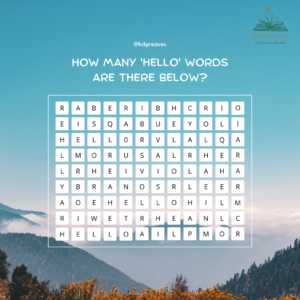
Find the letter (based on ‘Hunt The Thimble’)
Have two sets of letter cards or KS1 word cards (they can be handmade) depending on your child’s reading level. Select a letter card from the first set and hide it somewhere in the room. Pull out the matching card from the second set and show it to your child. Ask them to tell you the sound/word or read it to them. For sounds, put this with a word e.g. ‘f for frog’ or ‘f for Freddie’ so that it has meaning. Give the card to your child and ask them to find where you hid the first. Tell them that you’ll give them clues through terms such as cold, colder, freezing if they’re far away from the card but warm, warmer, hot, very hot as they draw close.
Example: You’re rather cold, why not move a little towards the… and you’re so close you’re almost touching it, etc.
This helps to keep the child engaged with the activity.
Parents, have fun with your child and encourage them to read for pleasure by getting creative!
A book cover is more than a picture. It promotes vital literacy skills such as prediction and comprehension.
Why not explore the front cover of your child’s reading book? Talk about what they learn from the picture and what they would put on the front cover. They could then design a ‘new’ cover based on your shared discussion!
Enjoy some family baking time by exploring story-come-recipe-books. Baking provides a yummy end product to the reading!
Why not have an ‘eat my words’ session? There’s a range of child friendly cookery literature available, e.g. Nadiya Hussain’s ‘Bake me a Story’ series, where you read a story and then bake something from it e.g. gingerbread people!
Letter Sound Hunt!
From a book or alphabet card, together choose a letter sound e.g. ‘b’ as in ‘bag’. Say the sound out loud and trace its shape with a finger. (This helps to embed how the letter sound looks and is formed). Using a basket or bag, go on a sound hunt around the house or garden or even further afield(!) and collect as many items as you can that open with your chosen sound. If you find something that it’s better not to pick up (like a bee) or is too big, draw a picture of it instead. You could even label it!
